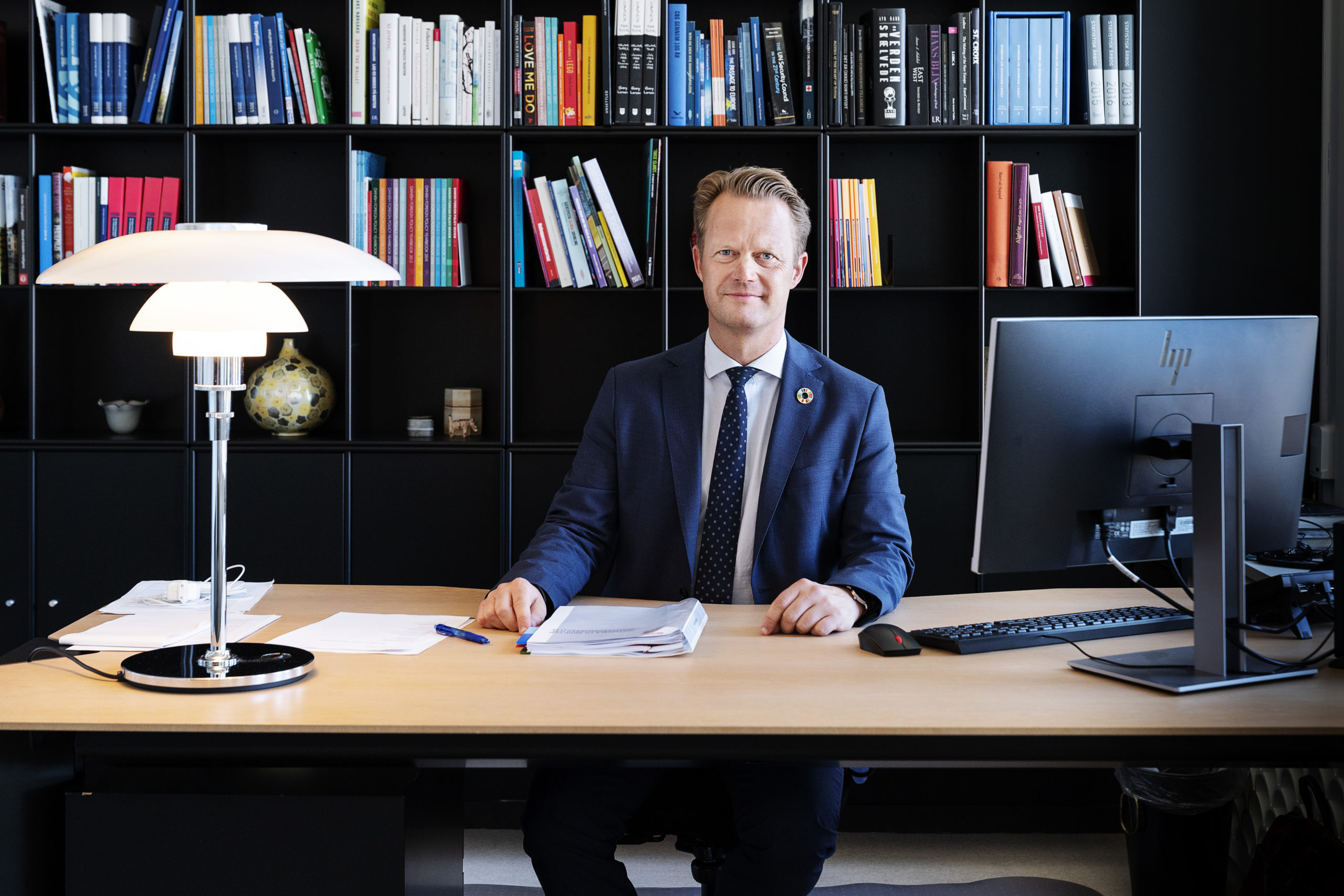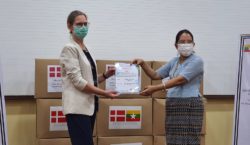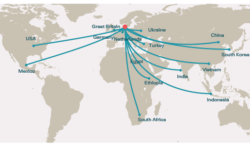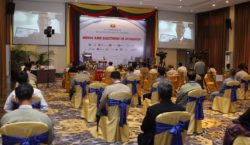
Just before the November election The Danish Embassy’s TechPlomacy (technological-diplomacy) initiative provided six Myanmar based groups with pilot funding for fact checking. The country faces challenges around disinformation, misinformation, hate speech as well as lack of news and digital literacy skills amid a boom in online access and social media platforms.
On top of that most media outlets in Myanmar do not fact-check regularly and today there are only six locally based fact-checking organizations in the country, while other fact checkers such as civil society groups are found outside news circles.
Though the TechPlomacy-initiative launched in Denmark in 2017, Denmark became the first country in the world to elevate technology and digitalization to a crosscutting foreign and security policy priority. The initiative was named technological diplomacy, or simply TechPlomacy and the Foreign Ministry works closely with partners both abroad and in Denmark to promote a responsible, balanced and human-centered approach to technology. The initiative have entered into specific partnerships that will help address some of the risks of emerging technologies while also promoting new innovative solutions to some of the big challenges of today.

In Myanmar it has especially been fake news around politics and the pandemic that have amplified and mainly the infodemic around Covid-19 has become an overload of information that is often false or unverified.
One viral hoax had it that State Counsellor Aung San Suu Kyi has Covid-19, and that the person Myanmar citizens are seeing is just a clone. According to Facebook user Pa Pa, a 30-year-old employee who lives in Yangon, false Covid-19 information is spread fast and far through the social media platform. Claims that drinking liquor or ginger juice will repel Covid-19, that eating leaves of the neem tree will protect one from it, or that that eating a certain number of eggs at specific times or that citing a religious mantra can make you fully recover from the virus, are common false news on Facebook he says.
Nyein Chan, programme manager with the Myanmar ICT Development Organization (Mido), the earliest fact-checking group in the country and a member of the US-based International Fact-Checking Network, says that a lot of vaccine-related misinformation are distortions that come from authentic news. Nyein Chan further explains that these false and misleading content are then amplified by closed, Burmese-language Facebook groups around Covid-19 that have become efficient clusters of online liars. Each group can have from 1,000 to 9,000 members. Nyein Chan adds that misinformation related to Covid-19 causes panic, while those related to politics fans mistrust among different groups.
Letyar Tun of International Media Support (IMS)-Myanmar, which manages the Danish funds explains that the funds provided by The Danish Embassy’s TechPlomacy went to four news groups, namely ‘DVB Burmese’, ‘Mizzima Broadcasting’, ‘Frontier Myanmar’ and ‘Mon News Agency’, as well as two non-media groups, ‘Real Or Not’ and ‘Think Before You Trust’.
Toe Zaw Latt, country director for DVB Burmese, one of the groups which received funding, believes that Myanmar needs 50 to 100 fact-checking groups to better address the false news problems. He says that the current number of fact-checking groups is not enough for the country’s large number of 27 million Facebook users and that the fact-checking being done now is like feeding sesame seeds to an elephant.
Source: Office of Denmark’s Tech Ambassador and Bangkok Post





